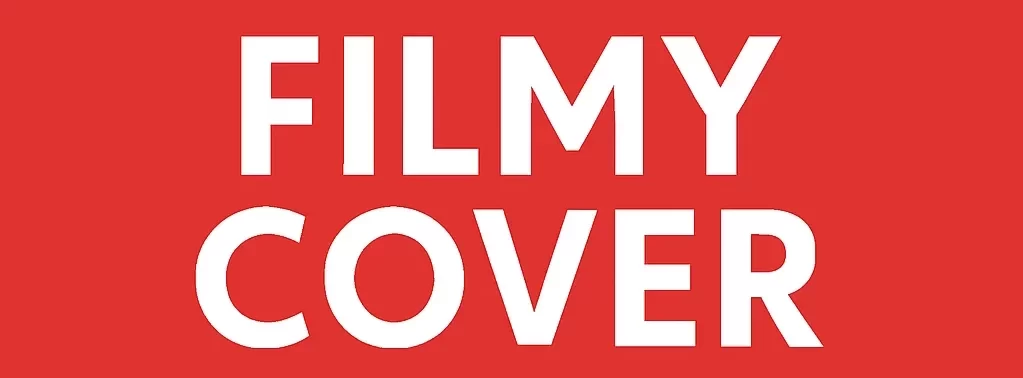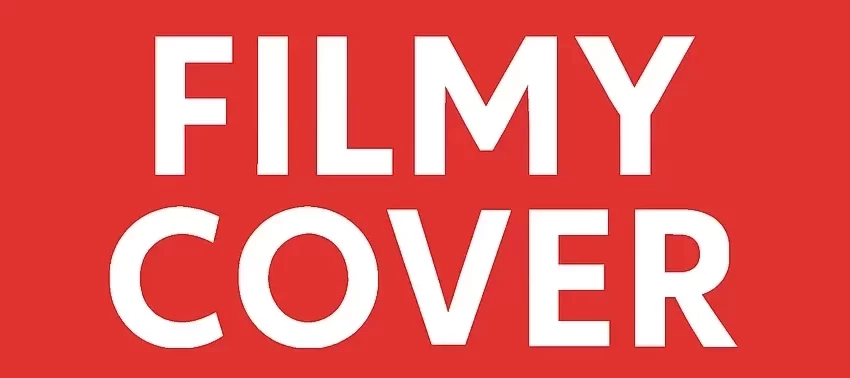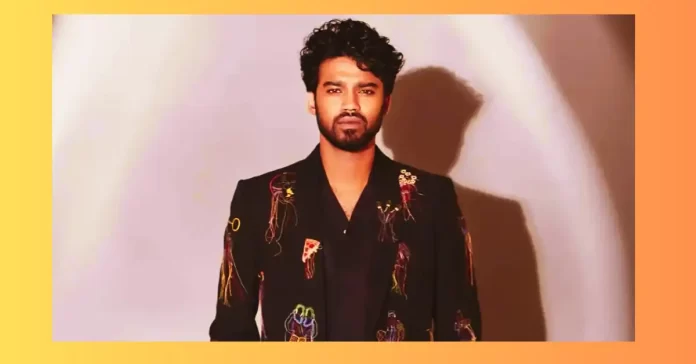Babil Khan Feeling emotionally drained and overloaded by the fakeness and rudeness in the Bollywood business, he was weeping in a now-deleted Instagram video. He said in the film that the business seemed fake and he felt frustrated. He named people like Ananya Panday, Shanaya Kapoor, Arjun Kapoor, Siddhant Chaturvedi, Raghav Juyal, Adarsh Gourav, and even Arijit Singh – not to criticise them because they have supported him greatly.
Feeling alone and maybe misinterpreted in an industry that frequently pushes performers to act or present themselves a particular way caused his emotional collapse. The video caused media and fans to worry and made him briefly vanish from social networking.
Babil Khan’s family Statement
Babil’s family later released a statement declaring he was safe and only going through a difficult emotional period, asking people not to read too much into his comments or rush to condemn him.
This event emphasises the common problem of bullying, both online and offline. Understanding what bullying is, its effects on people, and how society can fight it helps one to know
Knowing Bullying
Bullying is ongoing hostile behaviour meant to physically or emotionally harm someone else. It can take many shapes: verbal, physical, relational, and cyberbullying. Particularly cyberbullying has grown more common as social media sites have grown, enabling offenders to attack people anonymously and continuously.
The Consequences of Bullying
Bullying has deep and long-lasting consequences. Often, victims suffer anxiety, sadness, low self-esteem, and in extreme cases, suicidal ideas. Online abuse can be continuous and far-reaching, so the digital era has magnified these consequences. Public figures like Babil Khan are not exempt from such attacks despite their notoriety, which emphasises the need of more compassion and understanding in our dealings.
Like in many sectors, bullying in the Bollywood circle takes many subtle and overt forms, usually hidden under power relations, rivalry, and media scrutiny. Babil Khan’s emotional collapse and following social media disappearance have brought this long-standing problem back into focus. The event sparked a much-needed discussion on the culture of bullying in the entertainment sector as well as worries for his mental well-being.
Here is a closer look at how bullying might show up in Bollywood, which we understood through the death of Sushant Singh Rajput.
- Groupism & Nepotism
Groupism—the tendency of some cliques or camps control film circles—is among the most hotly debated topics. Outsiders or non-conformist actors, such as Sushant Singh Rajput or more recent faces like Babil Khan, may find themselves methodically sidelined if they do not fit with a strong camp. Invitations to important industry events can be refused, roles promised and never fulfilled, or projects abandoned.
Sushant Shttps://en.wikipedia.org/wiki/Sushant_Singh_Rajputingh Rajput’s death in 2020, for instance, ignited a flurry of debate on the toxic effects of professional isolation and nepotism in Bollywood.
- Character Assassination and Media Trials
Media stories frequently harass celebrities. Sometimes mainstream media, gossip sites, and paparazzi culture all carry deliberate leaks or slanderous stories harming a celebrity’s reputation. The deliberate damage by means of continuous negative reporting, usually without factual foundation, defines it as bullying.
Example: With almost no proof before legal processes, Rhea Chakraborty endured severe public and media harassment following Sushant Singh Rajput’s death.
- Fan Wars and Online Trolling
Often stars—especially newcomers—are bullied online by rival fan groups, anonymous trolls, or unhappy audiences. Constant criticism and the need to keep a curated image can cause mental health decline.
Example: Ananya Panday, Janhvi Kapoor, and Babil Khan have all been trolled for either being “star children” or for being too emotional or “different.”
- Power Brokers’ Exploitation and Intimidation
Young actors and actresses—especially women—have talked about how gatekeepers of the business use their influence to bully or control. Telling powerful directors or producers “no” could lead to a professional standstill.
For instance, the #MeToo campaign in India revealed how women in Bollywood were harassed into silence or compliance for decades.
- Mental Bullying and Subtle Exclusion
Bullying can occasionally be quiet rather than loud; it can involve being left out of inner circles, group chats, award ceremonies, or table readings. Often justified with hazy justifications, it is emotional and psychological exclusion.
For instance, Kangana Ranaut has written a lot on how she felt cut off after criticising powerful people.
- Reducing Creative Expression
Creative people who want to take artistic chances or stand out—like Babil Khan or Anurag Kahyap before him—often find themselves disheartened or ridiculed. They’re called “weird”, “too intense”, or “not commercial enough”, which undermines uniqueness.
What Should Change?
- Production companies and casting agencies have to define professional conduct, not personal prejudice.
- Every film unit should have mental health counselling at the beginning and end of each film, and this practice should be normalised.
- Senior actors should mentor younger ones and openly support those who speak out.
- Media Responsibility: Ethics, facts, and compassion should replace sensational journalism.
- Legal Protections: Bullying, harassment, and blacklisting should be reported by a more powerful industry body.
Like anywhere else, bullying in Bollywood flourishes in silence and power imbalance. The more people like Babil Khan speak honestly, the more likely it is that a better, more inclusive creative industry will result. The industry has to shift from praising exclusivity to honouring empathy, diversity, and emotional intelligence.
Organisations and online platforms have to adopt rigorous anti-bullying policies guaranteeing that offenders are held responsible for their deeds.
Helping Speak Up
Talk to your children about their daily experiences often.
Teach them to identify bullying behaviour and understand that it is wrong.
Ensure that reporting bullying is courageous and required.
Show Empathy: Show kind behaviour in your interactions to set an example for your children
Final thoughts
Babil Khan’s story is a sobering reminder of the widespread bullying in modern society. His answer, stressing genuineness and the values taught to him, underlines the need of remaining faithful to oneself in the face of hardship. We as a society have to work together to build a place where empathy triumphs over judgement so that people, particularly the younger generation, feel safe and supported.



